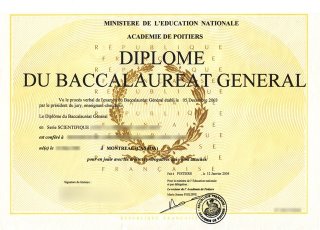"le BAC" is back with Philosophy.
Every year, the exam is launched with the Philosophy exam which all students must take, regardless of their field of study.
Here are some of this year's subject they could choose from (they have three subjects to choose from depending on which stream (termed séries) they're in:
- Must we prefer happiness to truth? (Faut-il préférer le bonheur à la vérité ?)
- Can a culture carry universal values? (Une culture peut-elle être porteuse de valeurs universelles ?)
- Can experience demonstrate something? L'expérience peut-elle démontrer quelque chose ?
- Can we consider objectively the value of a culture? (Peut-on juger objectivement la valeur d'une culture ?)
- Do we have duty only towards others? (N'avons-nous de devoirs qu'envers autrui ?)
- Does it make sense to wish to escape time? (Cela a-t-il un sens de vouloir échapper au temps ?).
Students have 4 hours to write an essay on one of those subjects. Unlike the British GCSEs or the American SAT, the French baccalauréat is not a standardized test. Since most answers — even for biology questions — are given in essay form, there is considerable room for subjectivity in grading by the examiner. This is especially true in subjects such as philosophy and French literature, but also in part of the Foreign Language exam. (But there are also stric rules about the French essay).

NOTE: It even gets more complicated as each baccalauréat stream has its own set of subjects that each carry a different weight (coefficient). This allows some subjects to be more important than others. As a result, students usually study more for exams that carry heavier weights since the grade they obtain in these exams may have a bigger impact on their mean grade. It is in the calculation of this mean that passing the bac and eventual honours are determined.
0 Comments:
Post a Comment
<< Home